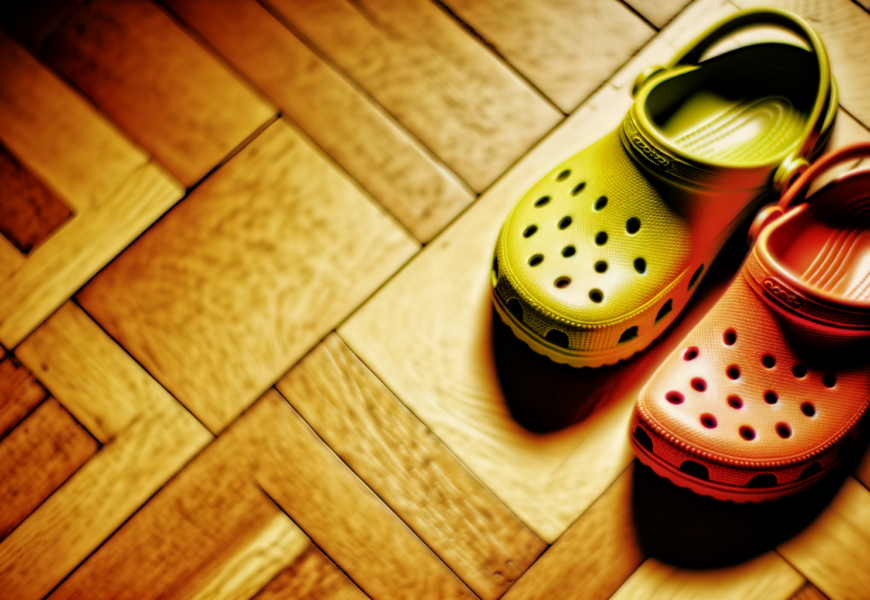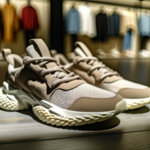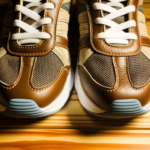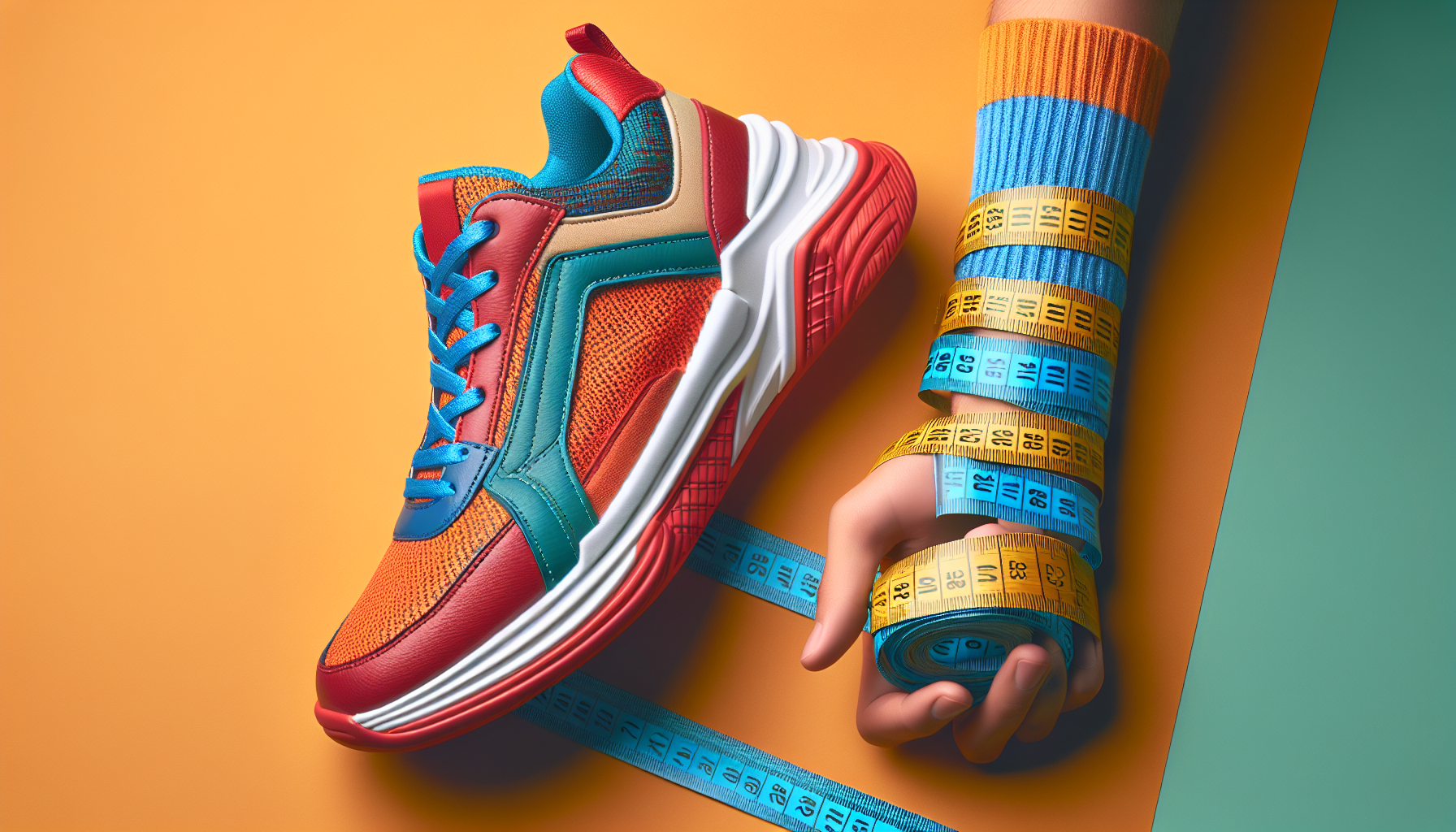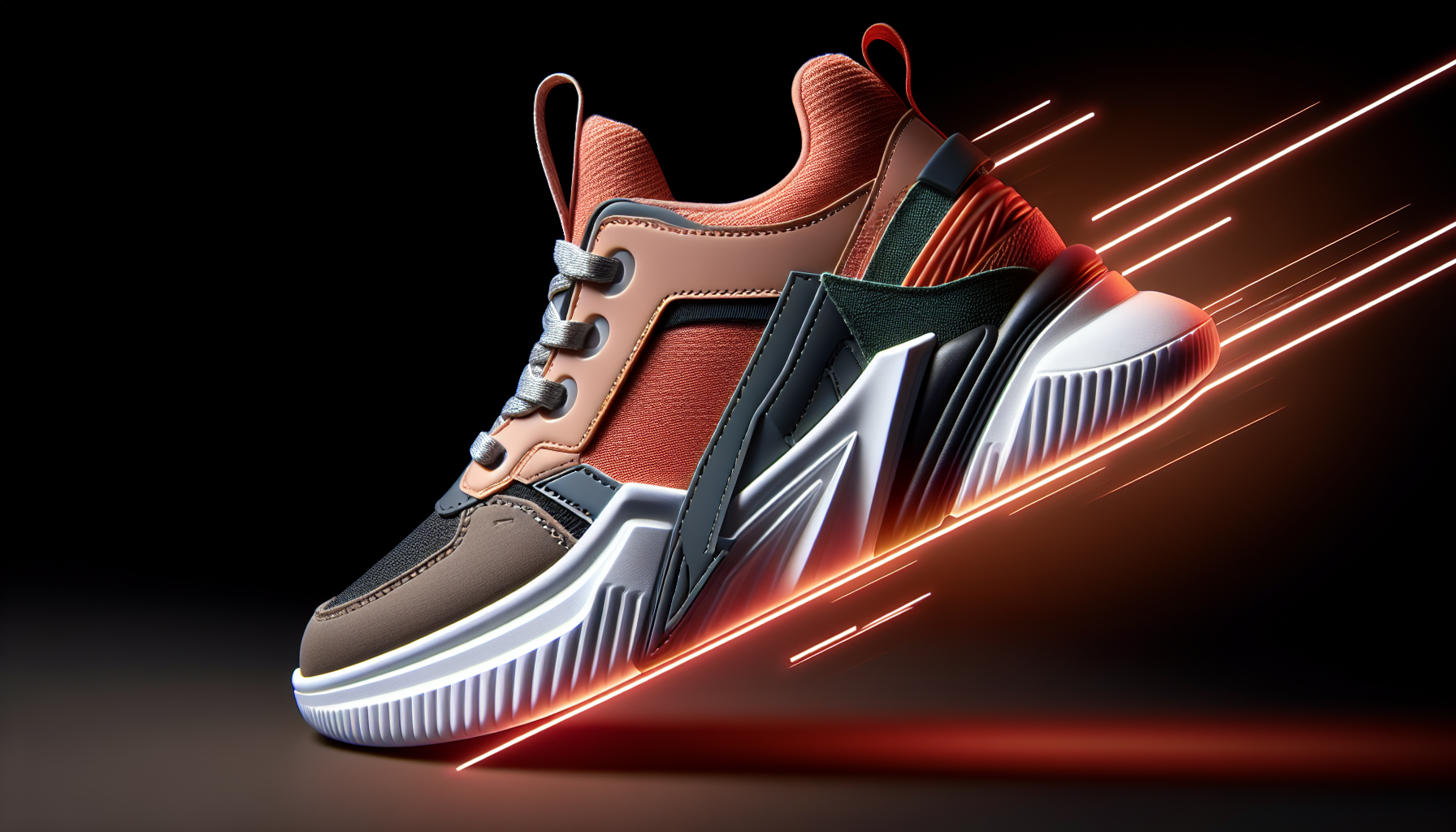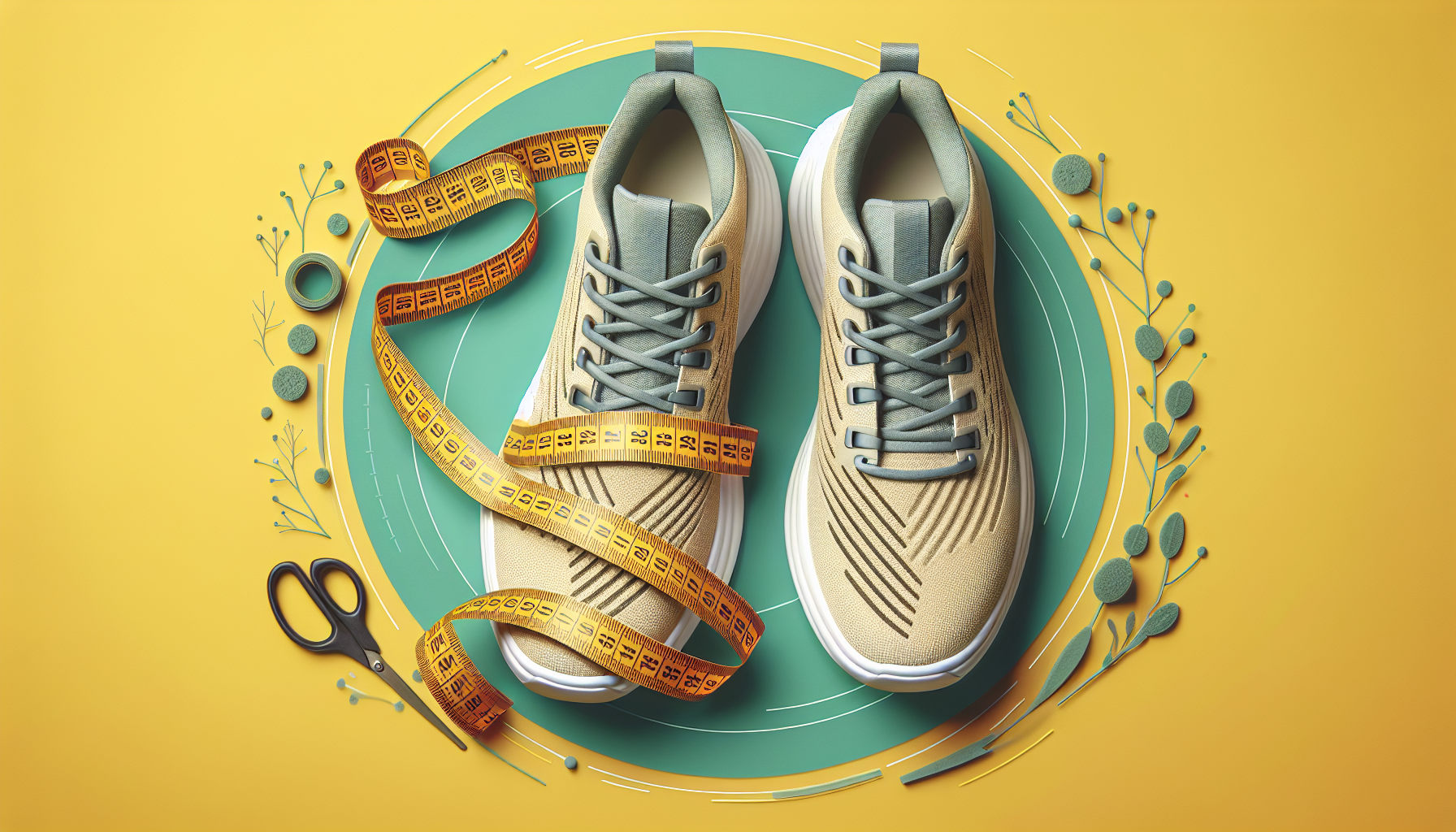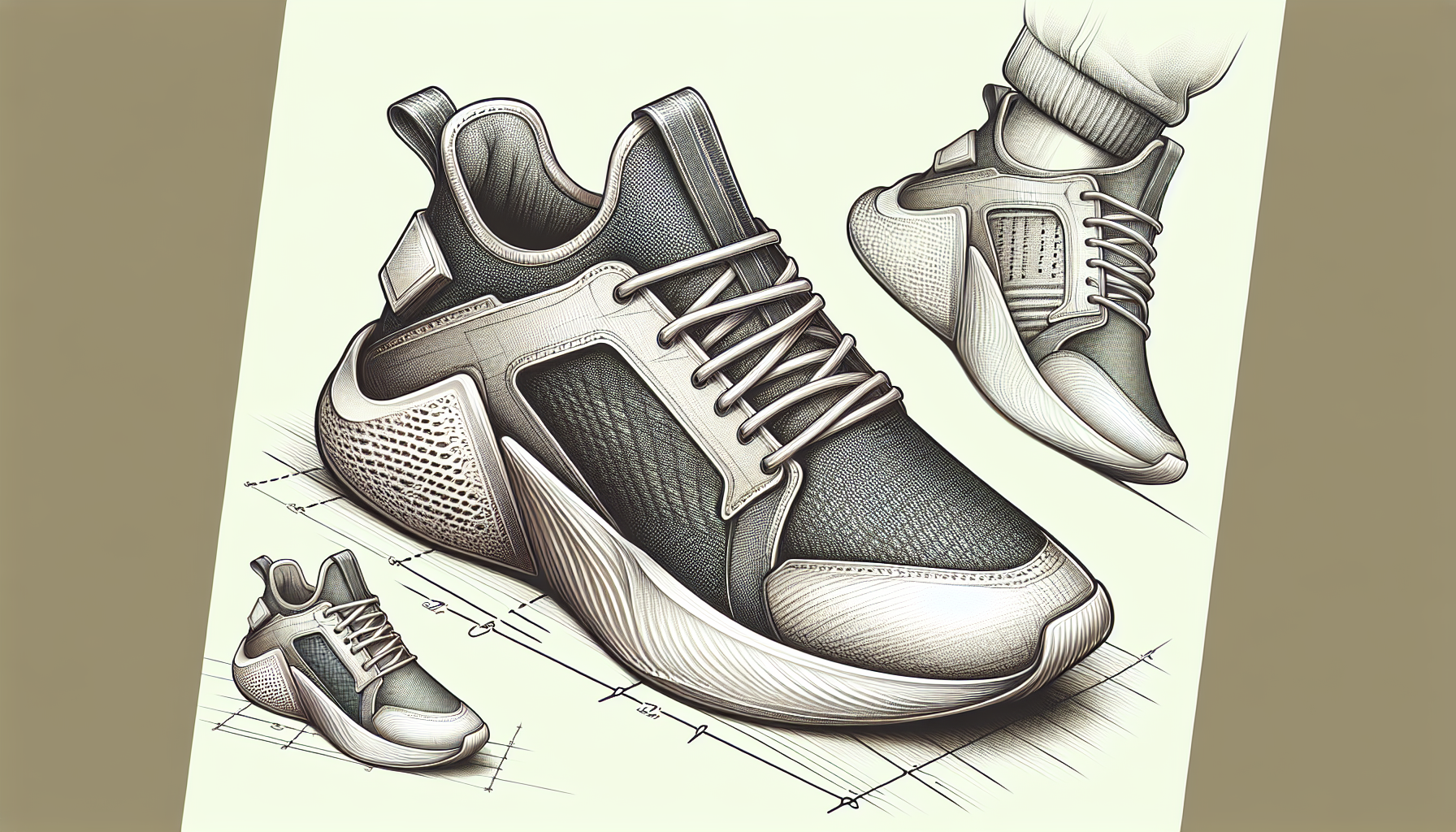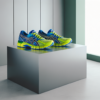Are Crocs Good for Your Feet?
In a world where footwear choices abound, Crocs have emerged as one of the most debated yet popular options. Known for their distinct design and vibrant colors, Crocs have transcended from being mere garden shoes to a fashion statement. But beyond their quirky appeal lies a significant question: Are Crocs good for your feet? This article delves deep into the anatomy of Crocs, their benefits, limitations, and expert opinions to provide a thorough perspective on whether these shoes are truly foot-friendly.
Understanding the Croc Phenomenon
Crocs first hit the market in 2002, quickly becoming famous for their unique appearance and comfort. Their lightweight and slip-resistant design, coupled with ease of cleaning, caught the attention of many, from healthcare professionals to casual wearers. Over time, they expanded their range, incorporating a variety of styles from women's walking shoes to comfortable travel shoes and women’s sneaker boots. As their popularity soared, so did the debates about their ergonomic benefits and foot health implications.
The Anatomy of Crocs: Comfort vs. Support
1. Material Matters:
Crocs are made from Croslite™, a proprietary closed-cell resin. This spongy material is known for being comfortable and lightweight. The cushioning properties of Croslite™ make Crocs appealing for all-day comfort shoes, providing a soft footbed that many users find soothing for tired feet.
2. Arch Support:
One of the critical aspects of Crocs is their limited arch support. For individuals in need of orthopedic sneakers or significant support for conditions like plantar fasciitis, Crocs may fall short. Although they offer some level of arch contour, they are not designed as arch support sneakers.
3. Breathability and Design:
The perforated design of most Crocs allows for excellent breathability, much like breathable running shoes or mesh running shoes, making them ideal for warm weather or water activities. However, this feature might not be suitable for environments where feet need protection from dirt or debris.
Who Should Wear Crocs?
1. Great for Casual and Short-term Use:
For casual wear and short-term settings like hospitals or home use, Crocs are a comfort staple. They serve as excellent casual sneakers for women when there's no intensive footwork involved.
2. Considerations for High-Activity Levels:
Those who spend long periods on their feet may not find Crocs as supportive as specific best shoes for standing all day or supportive running shoes. For intensive activities requiring impact absorption, cushioned running shoes or gel-cushioned sneakers could be more beneficial.
3. Foot Health Concerns:
Individuals with specific foot conditions or requirements should approach Crocs with caution. The absence of specific orthopedic supports means they may not replace women's sports shoes designed for health considerations.
Expert Opinions and Study Insights
Podiatrists and foot health experts have weighed in on the Crocs debate. While many agree on the comfort and slip-resistant properties of Crocs, there's a consensus about their limitations for prolonged use. Dr. Megan Leahy, a podiatric specialist, suggests that while Crocs are better than many flip-flops or unsupportive flat shoes, they shouldn’t be worn for activities requiring rigorous foot support.
A study by the American Podiatric Medical Association highlighted that high heel shoes, although fashionable, led to an increased risk of foot problems. Compared to these, Crocs offer a much better alternative in terms of foot comfort, though not necessarily the same support as ergonomic sneakers.
Alternatives to Crocs for Foot Support
For those seeking alternatives that blend comfort with enhanced foot support and style, several options are worth considering:
1. Women's Walking Shoes:
Brands such as ASICS and New Balance offer women's walking shoes with significant arch and heel support to promote healthy foot alignment.
2. Stylish Comfort Footwear:
Many brands today recognize the need for fashionable walking shoes that incorporate supportive features, allowing wearers to experience both style and comfort simultaneously.
3. Specialized Footwear for Activities:
For those seeking more dynamic activity support, women’s jogging shoes or athletic sneakers for women offer flexibility and anatomical support designed for movement.
The Verdict:
While Crocs boast undeniable comfort and are a great addition to a casual footwear collection, they should be worn with consideration for activity level and duration. They shine as versatile women’s shoes for relaxed settings but might not provide the necessary support for high-demand foot tasks. Prioritizing footwear that caters to specific ergonomic needs and ensuring proper fit is crucial for maintaining healthy, happy feet.
In your footwear journey, consider your personal comfort needs and activities. Try on different styles, whether they're trendy athletic shoes or lightweight trainers, to find what makes your feet feel supported throughout your day. Engage in discussions with foot health professionals and remember, the right shoe can significantly impact your well-being.
Lace-up your perfect footwear match and step into ultimate comfort and style—be it with Crocs or an alternative that suits your lifestyle.

